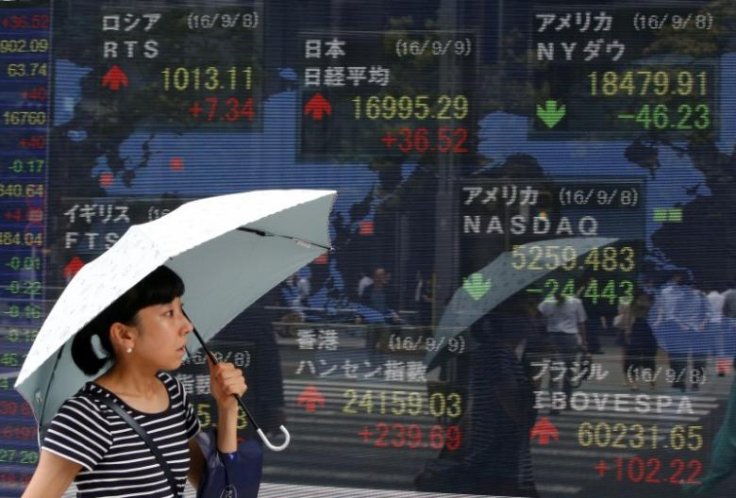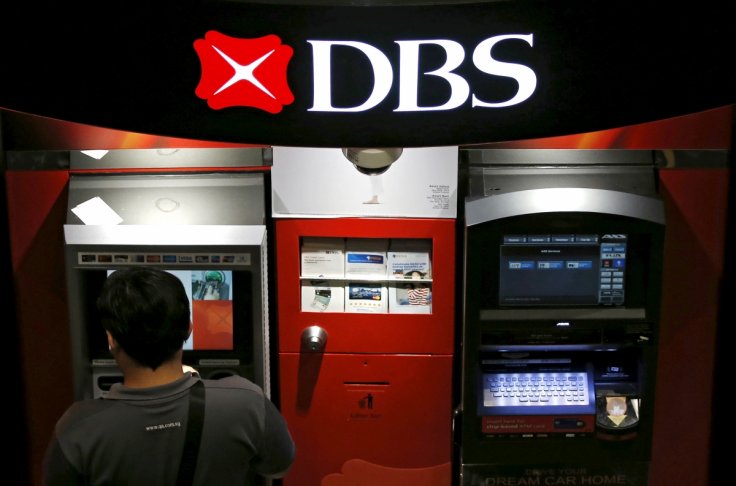In a move to ward off rapidly rising inflation, Singapore and South Korea have decided to tighten their monetary policies. The move came close on the heels of Canada and New Zealand hiked rates amid rising concerns over the health of the world economy.
The Russia-Ukraine worsened the logistics bottlenecks that had set in following the Covid-19 pandemic. The four central banks had already begun reviewing and tightening their policies last year in the wake of the pandemic which saw a huge price rise.

On one hand the central banks in Southeast Asia, Australia and India had largely dealt with inflation pressures as transitory, they gave more attention towards shoring up their recoveries. Asia Pacific economies have been struggling as they re-opened from the pandemic as opposed to United States and Europe. On the other hand saw South Korea, New Zealand and Singapore have been more concerned with surging import price costs and financial stability.
"We're likely to see more Asian central banks push forward the timing of interest rate hikes," said Toru Nishihama, chief economist at Dai-ichi Life Research Institute in Tokyo. "That could hurt growth but with inflation becoming a more imminent concern, there's little choice for them but to move toward tighter monetary policy."
The head of economics and strategy at Mizuho Bank, Vishnu Varathan, said the four central banks Singapore, South Korea, New Zealand and Canada were part of a group that thought it was crucial to get ahead of the inflationary threat.

Referring to lyrics from the Beach Boys' 1988 hit "Kokomo" Varathan said: "The so-called 'Kokomo Club' of central banks that aim to 'get there fast, and then take it slow' necessarily are inclined to front-load tightening, with 50 basis point hikes as a hallmark." He later added that the Federal Reserve and European Central Bank were not as strict in their stance, but they were gradually showing signs on adopting that direction.
What now remains is a challenge for many economies who have just begun instilling a confident recovery from the massive pandemic-led downturns, but the possibility of a high inflation in the near future still exists which could trigger a wide-ranging financial and price instability.








